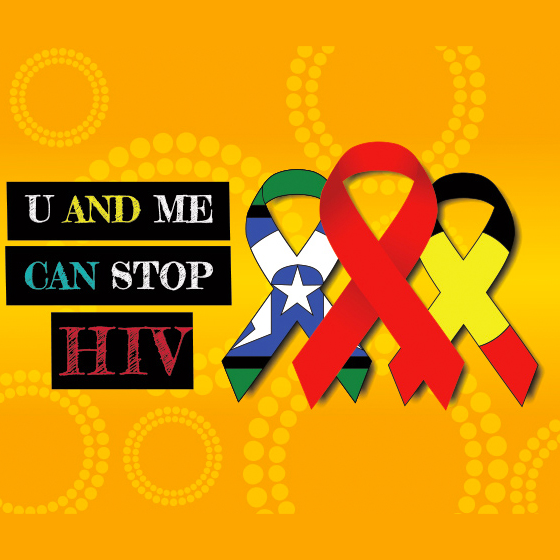Our mission is to increase awareness of sexually transmissible infections (STIs) and blood-borne viruses (BBVs) in Aboriginal and Torres Strait Islander communities across Australia.
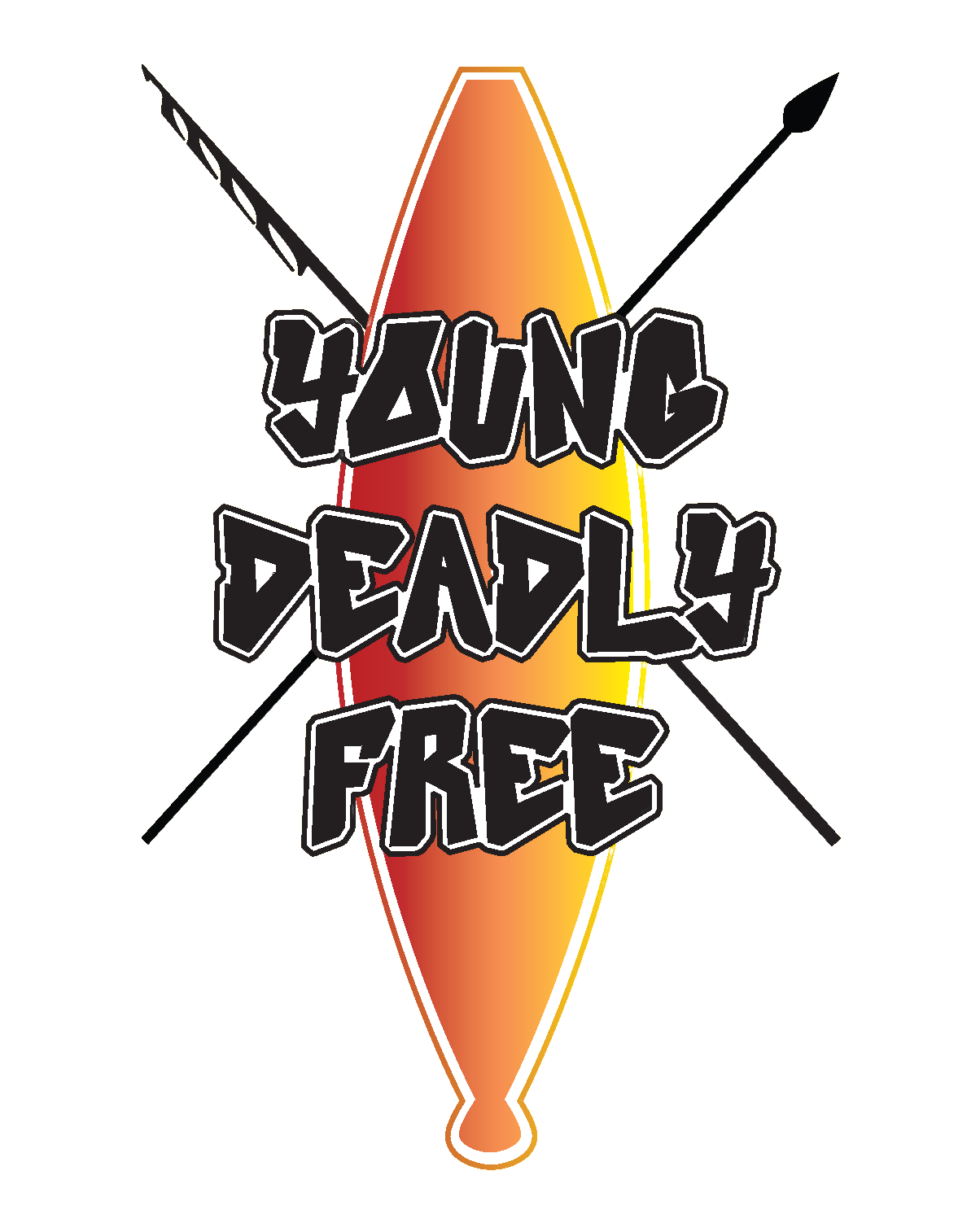
NEW VIDEOS
Our nine new videos cover a range of topics crucial to promoting sexual health and well-being among Aboriginal and Torres Strait Islander youth in urban and regional areas.
Video topics include diverse relationships, gender, sexuality, young men being tested, pornography, respectful relationships, stigma and shame, STIs can affect everyone and consent.
Click the button below to check them out!
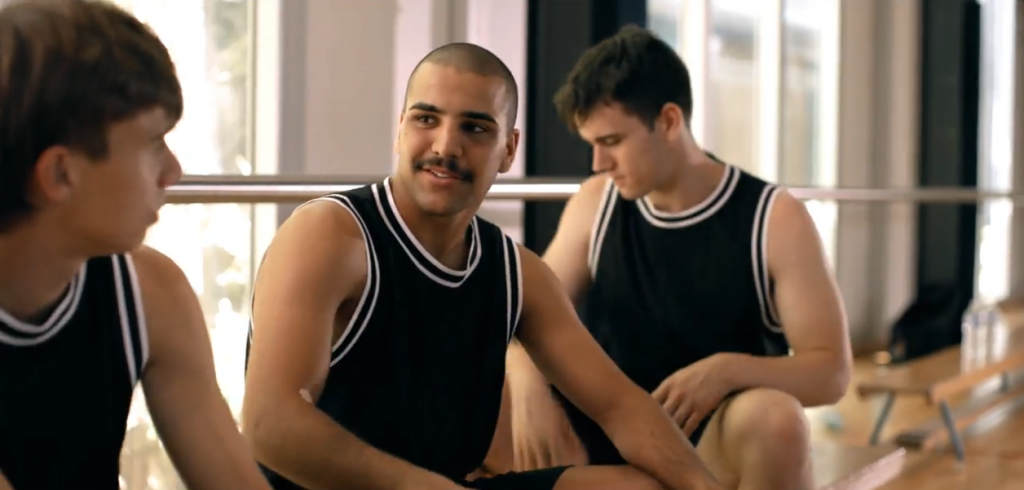
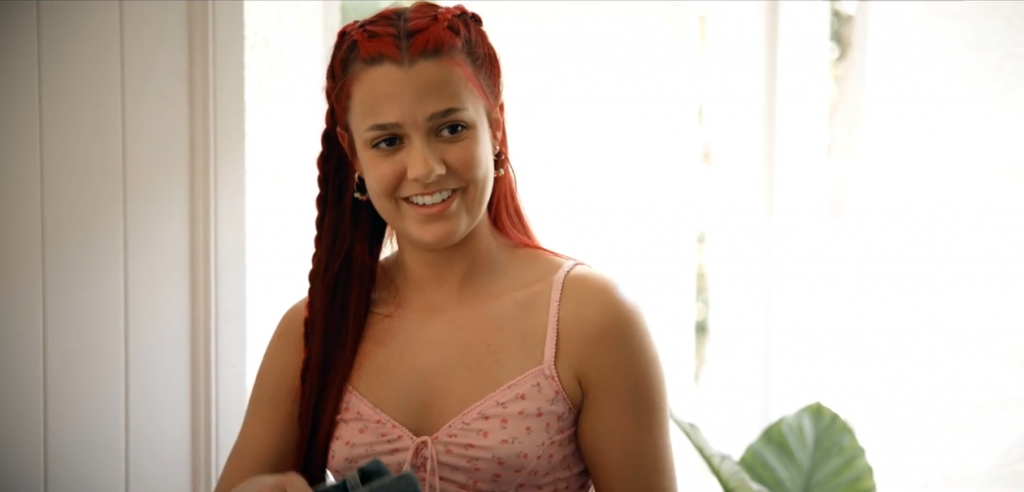
What is a STI?
What is a BBV?
Get Tested
STI & BBV Resources
Syphilis Outbreak
Welcome to Young Deadly Free
Rates of STIs and BBVs in Aboriginal and Torres Strait Islander communities have been way too high for way too long – especially for young people in remote communities. It’s time to turn this around. This means making regular sexual health checks a normal part of life for sexually active young people – without stigma and without shame. We need to encourage people in remote communities to test for STIs and BBVs. This starts with educating people in remote communities about STIs and BBVs and getting whole communities involved in getting rates down.
This website is a one-stop shop for resources about STIs and BBVs affecting Aboriginal and Torres Strait Islander young people across Australia. These resources have been developed and collated by the South Australian Health and Medical Research Institute and The University of Queensland Poche Centre for Indigenous Health.
Medical Research Institute as part of two initiatives funded by the Australian Government Department of Health:
- Remote STI and BBV Project
- Young, Deadly, STI and BBV Free
- Young, Deadly, Syphilis Free Campaign.
Who Are The Resources For?
There are resources for Aboriginal and Torres Strait Islander young people across Australia, as well as resources for Elders, parents, youth workers and other community leaders – with tips on how the whole community can work with young people to encourage STI and BBV testing, and knockout STIs and BBVs.
We also provide resources for clinicians working in remote communities, including videos, links to testing and treatment guidelines.
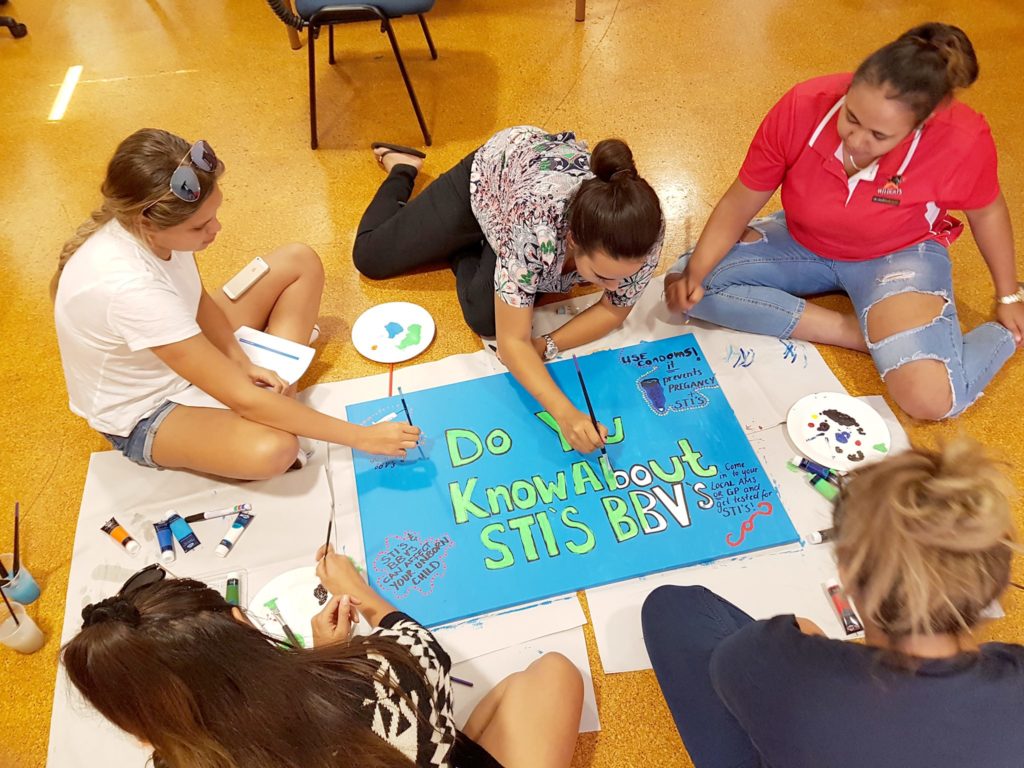
Latest News
-
Musgrave Park Family Fun Day: HERO Condom Collaboration with Young Deadly Free
The annual Musgrave Park Family Fun Day took place on Friday, July 12, 2024, marking its 30th anniversary. Musgrave Park […]
-
True or Gammon – Answering Your Burning Questions About STI’s?
Northern Territory and Queensland mob, got burning questions about Sexually Transmissible Infections (STIs)? Then check out the Australian Government Department of […]
-
UQ News – NEW Young Deadly Free Videos
The University of Queensland (UQ) Poche Centre for Indigenous Health Young Deadly Free team of researchers have worked with Aboriginal […]
-
NEW Young Deadly Free Video Suite Release
We’re thrilled to announce the launch of our latest suite of Young Deadly Free videos! Young Deadly Free is an […]
-
NEW Queensland Syphilis Action Plan 2023-2028
In response to the syphilis notifications in Queensland increasing 7-fold from 2001 to 2022, on February 14, 2024, the Hon […]
-
World AIDS Day: How science has turned HIV into a treatable, preventable condition
Source: ABC News, Jeremy Fernandez, 1 December 2021 In just half a lifetime, modern science has turned HIV, one of […]
Up Coming Events
World Sexual Health Day 2024 – 04/09/24
As WSHD 2024 approaches, we encourage you to start planning how to get involved and positively impact your community.
Together, we can raise awareness, reduce stigma, and improve access to essential sexual health resources.

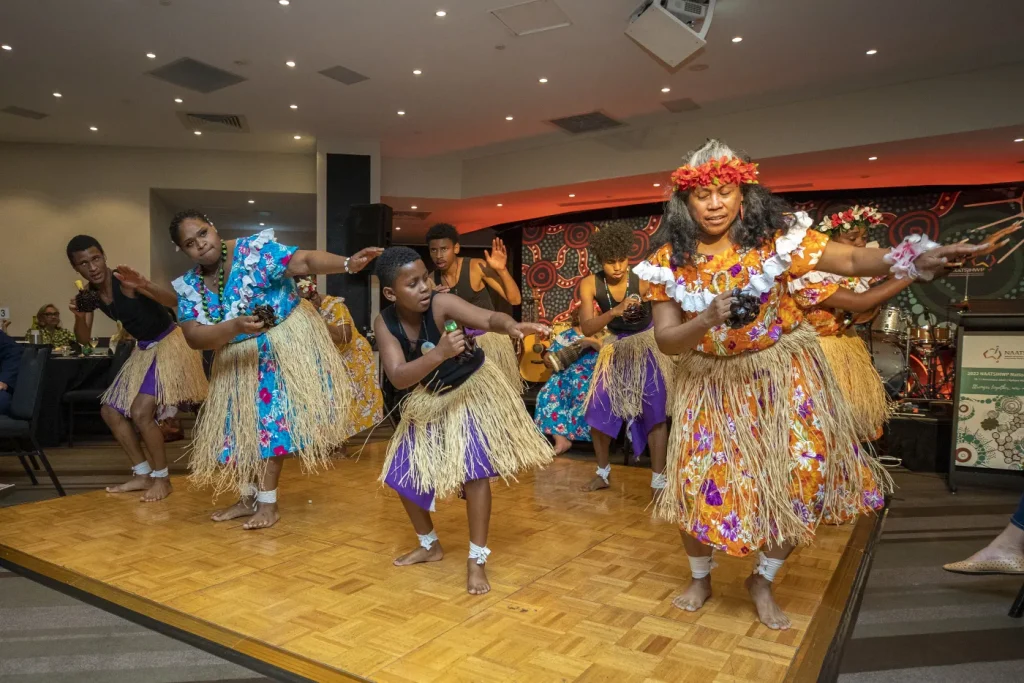
NAATSIHWP National Conference 2024
The much awaited National Conference will be held over 2 and 4 September at the Perth Convention Centre in Whadjuk Noongar Country, Western Australia.
Aboriginal & Torres Strait Islander HIV Awareness Week (ATSIHAW)
ATSIHAW is held each year in the first week of December. Now in its 11th year, ATSIHAW has been making sure that all Aboriginal and Torres Strait Islander people know about the risks of HIV.
